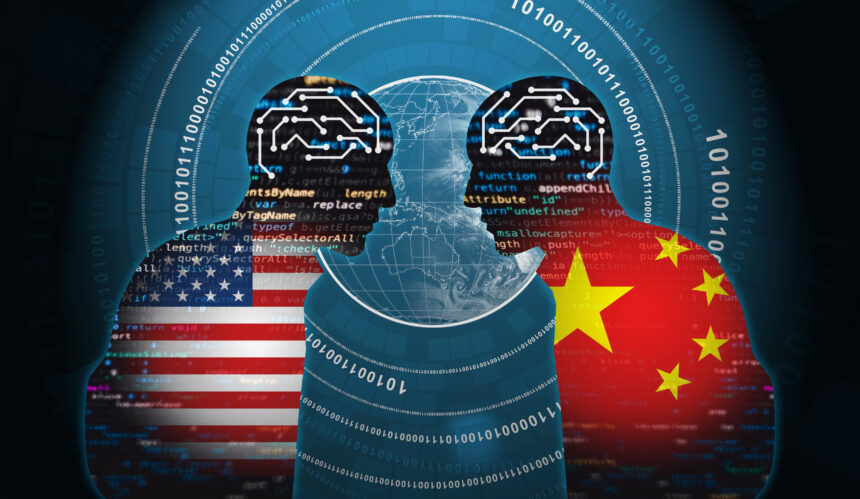- Unidentified communication devices found in solar inverters made in China
- These devices could threaten the integrity of power grids
- Specifics regarding the quantity and function of these devices remain unknown
Recent investigations have uncovered unknown communication devices embedded within solar inverters manufactured in China, crucial components of the renewable energy sector. This unsettling discovery, detailed by Reuters, has prompted U.S. energy officials to reassess the implications of new technologies originating from China.
Chinese manufacturing dominates the global power inverter market, with these devices being pivotal for the integration of solar arrays and wind turbines into the energy grid, in addition to their roles in heat pumps, battery systems, and electric vehicle charging stations.
Sources close to the situation reveal that over the past nine months, multiple battery units from Chinese suppliers have also been discovered containing hidden communication technologies, including cellular technologies.
Concerning Developments
Experts are raising alarms about the potential for these communication devices to bypass established firewalls, even enabling remote control over the inverters. This scenario poses serious risks to power infrastructure, with possibilities ranging from unauthorized adjustments to the energy systems, to potential sabotage that could lead to widespread outages.
The total number of identified rogue devices and their intended purposes remain vague. Nevertheless, the U.S. Department of Energy has confirmed that it is actively assessing the associated risks linked to these emerging technologies, highlighting ongoing concerns about the lack of transparency from manufacturers regarding their products’ functionalities.
This issue is not an isolated case; solar infrastructure has encountered its fair share of vulnerabilities previously, exposing it to potential takeovers and operational disruptions. A recent report from Forescout identified 46 vulnerabilities within solar grid systems that could facilitate remote hacking attempts, denial-of-service attacks, and unauthorized access to sensitive information.
In light of the current geopolitical tensions, there is a growing indication that the U.S. may shift towards bolstering domestic manufacturing to enhance supply chain resilience. Notably, Huawei remains a dominant player in the inverter market, controlling 29% of global shipments in 2022, which underscores the complexity of this issue.
























